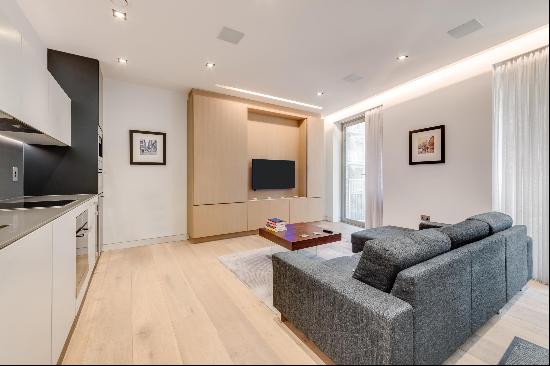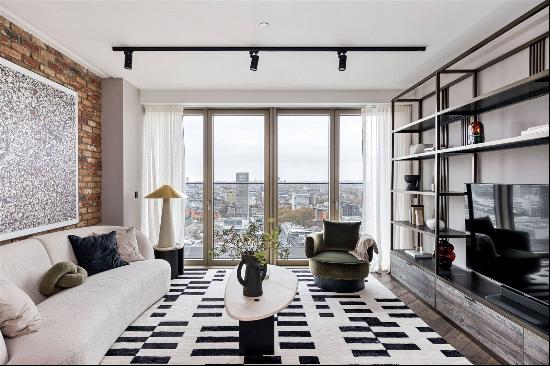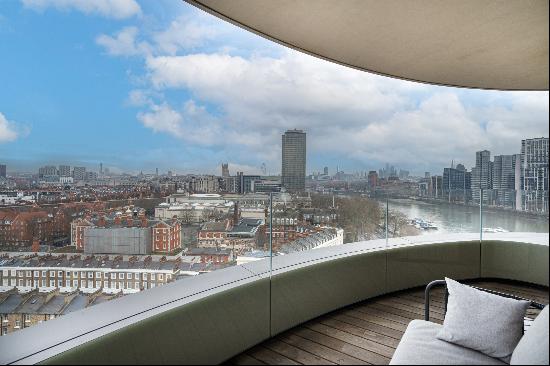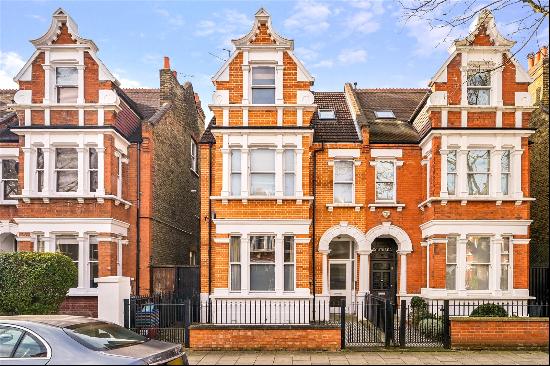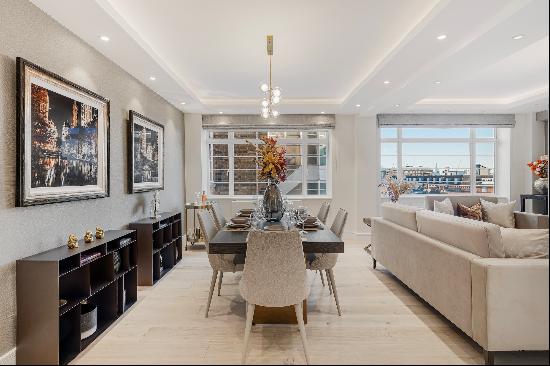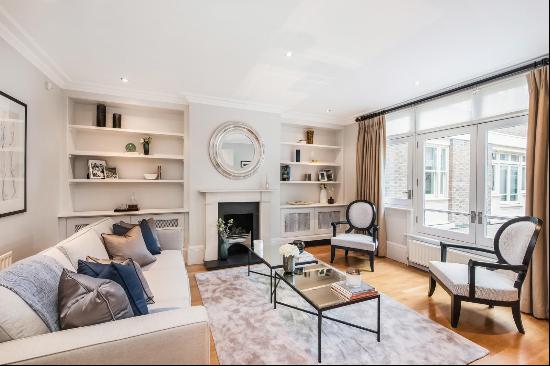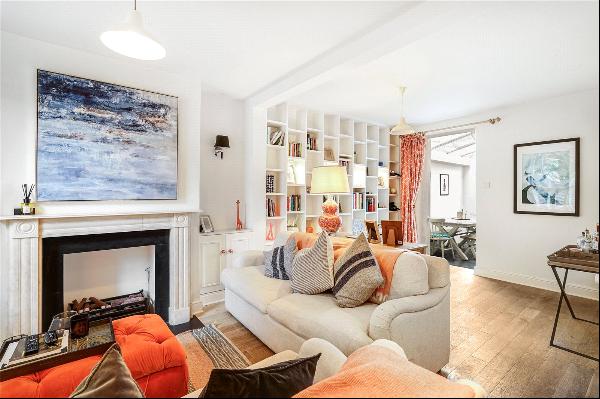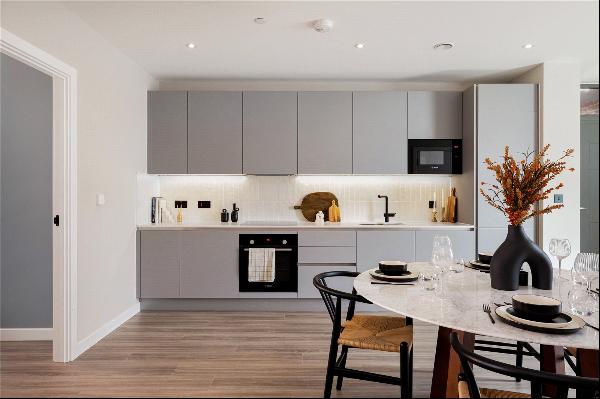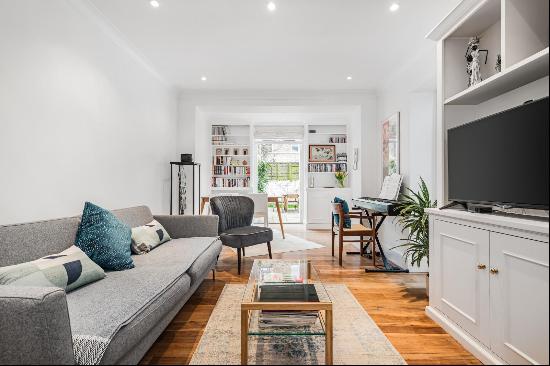
By Jo Hamya
Having written a novel about housing and precarity in contemporary Britain, I’ve spent the last year contemplating what a home should offer. Consequently, I have many fantasy homes, usually chic two-bedroom London affairs. In that time, however, I’ve also met and moved in with my partner, with whom it seems I will spend all of my life. He is self-sufficient in the extreme, a gardener without a garden who sometimes asks me whether I would consider moving out of the city. There is typically the suggestion that it would do us good to be less dependent on the whims of an often-challenging environment.
I always say no. But sometimes I find myself rewatching Jean-Paul Rappeneau’s 1975 film Le Sauvage (known as Lovers Like Us in the US). In it, a woman called Nelly, played by Catherine Deneuve, escapes her wedding night in Caracas, Venezuela, draped in pearls and silk. For all the opulence of the event, it’s easy to see why she leaves when her husband chases her around with a gun. She is helped by a stranger, Martin (Yves Montand), who tells her he lives alone on an isolated island in a large but ramshackle house where he survives off the land, growing produce to accompany the fish he catches. When she turns up there, he is persuaded to take her in but he is not especially nice to her.
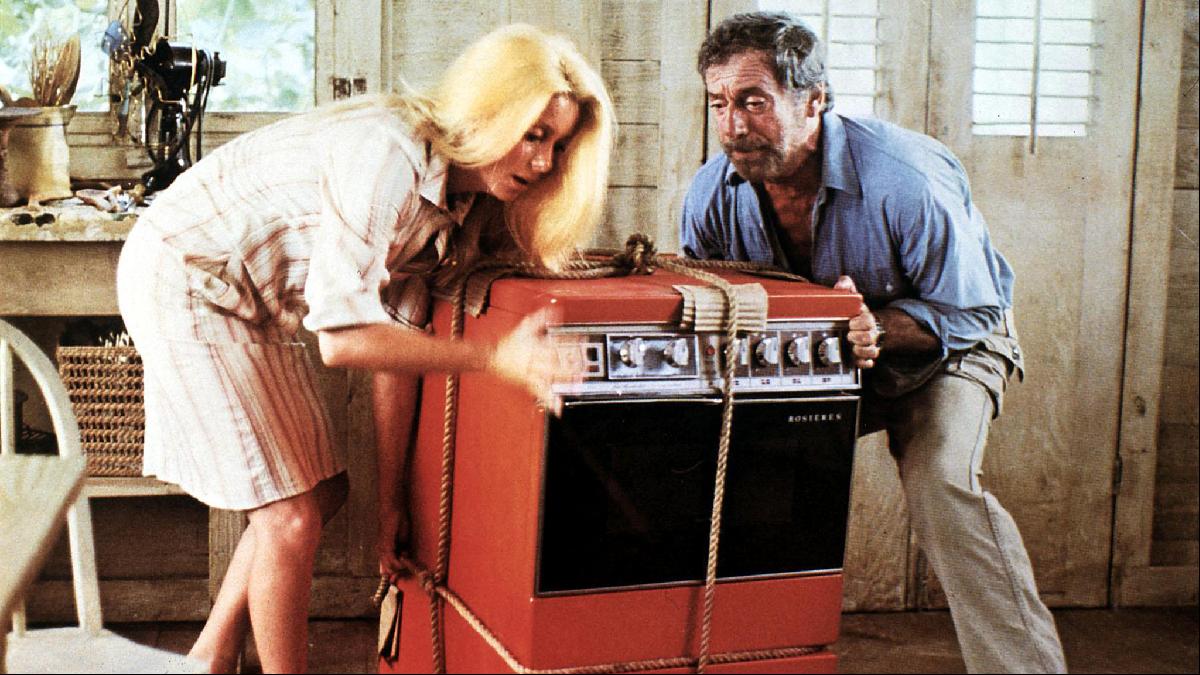
The moment I’m obsessed with is when he tells Nelly to pick some tomatoes (main picture, above). The camera pans down with her as she kneels until they come into view: as large as her face and perfectly ripe, framing her open-mouthed surprise like large, wet hearts. “I’ve never seen any like these!” she gasps. I adore this line. I’ve always thought it meant: “I never knew one could cultivate something this nourishing and beautiful for themselves”.
The house is built out of pale wood, although occasionally you catch a glimpse of white plaster and floral wallpaper. Each time I watch the film, I notice new things I approve of: translucent white curtains that let light in; a blue sofa; enamel mugs; herbs hanging from the ceiling; clutter everywhere. You get the sense that Martin is still making the place into a home. When he arrives on the island and first discovers that Nelly is there, he is carrying a new cooker (pictured, above), with thoughts of pumpkin and peppers aux gratin.
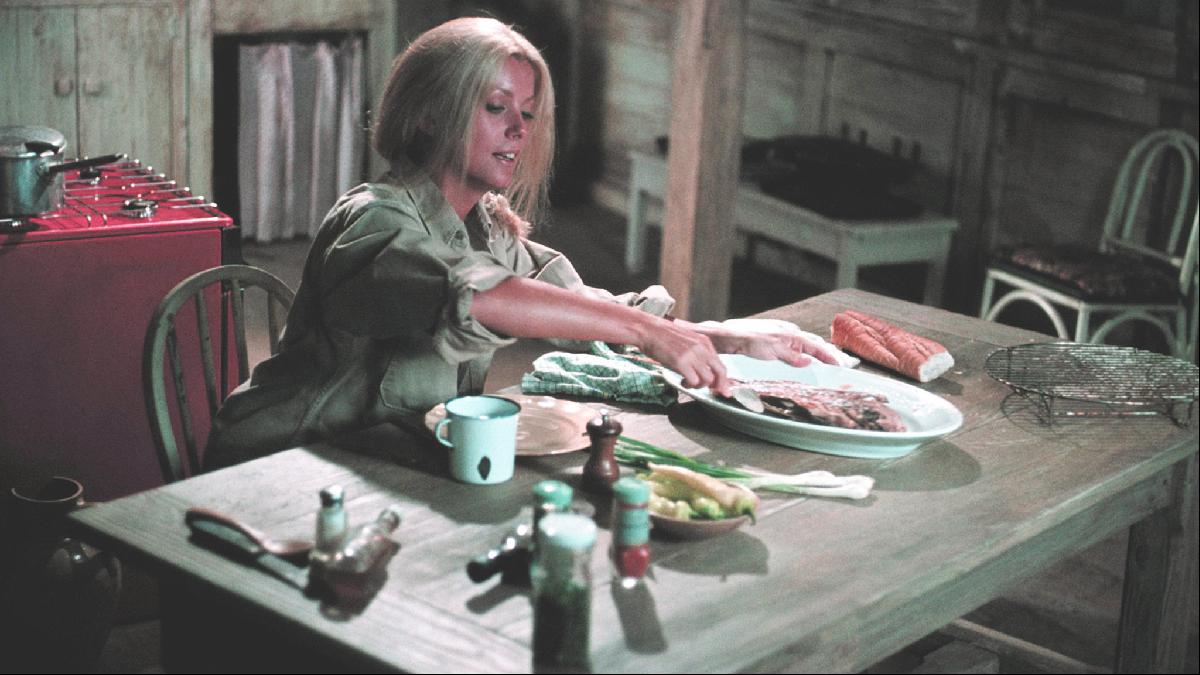
The longer Nelly stays, the more autonomous she becomes, eventually moving into her own cottage. She distances herself from any violence and discomfort put upon her life; sweeps her own floors and gathers her own food until, by the film’s end, she has learnt how to make herself happy and feels comfortable feeding that happiness back into a community.
I suppose what I love about this idea is that the perfect home is one you can only sustain if it sustains you, and vice versa. I doubt whether I could leave a city that offers me so much but I do harbour dreams of my partner teaching me how to take care of tomatoes we grow ourselves; of cooking them somewhere we have nurtured, and which has nurtured us in turn.
Jo Hamya is author of ‘Three Rooms’ (Penguin)
Photography: Gamma-Rapho via Getty Images; Film Publicity Archive/United Archives via Getty Images; Alamy Stock Photo




